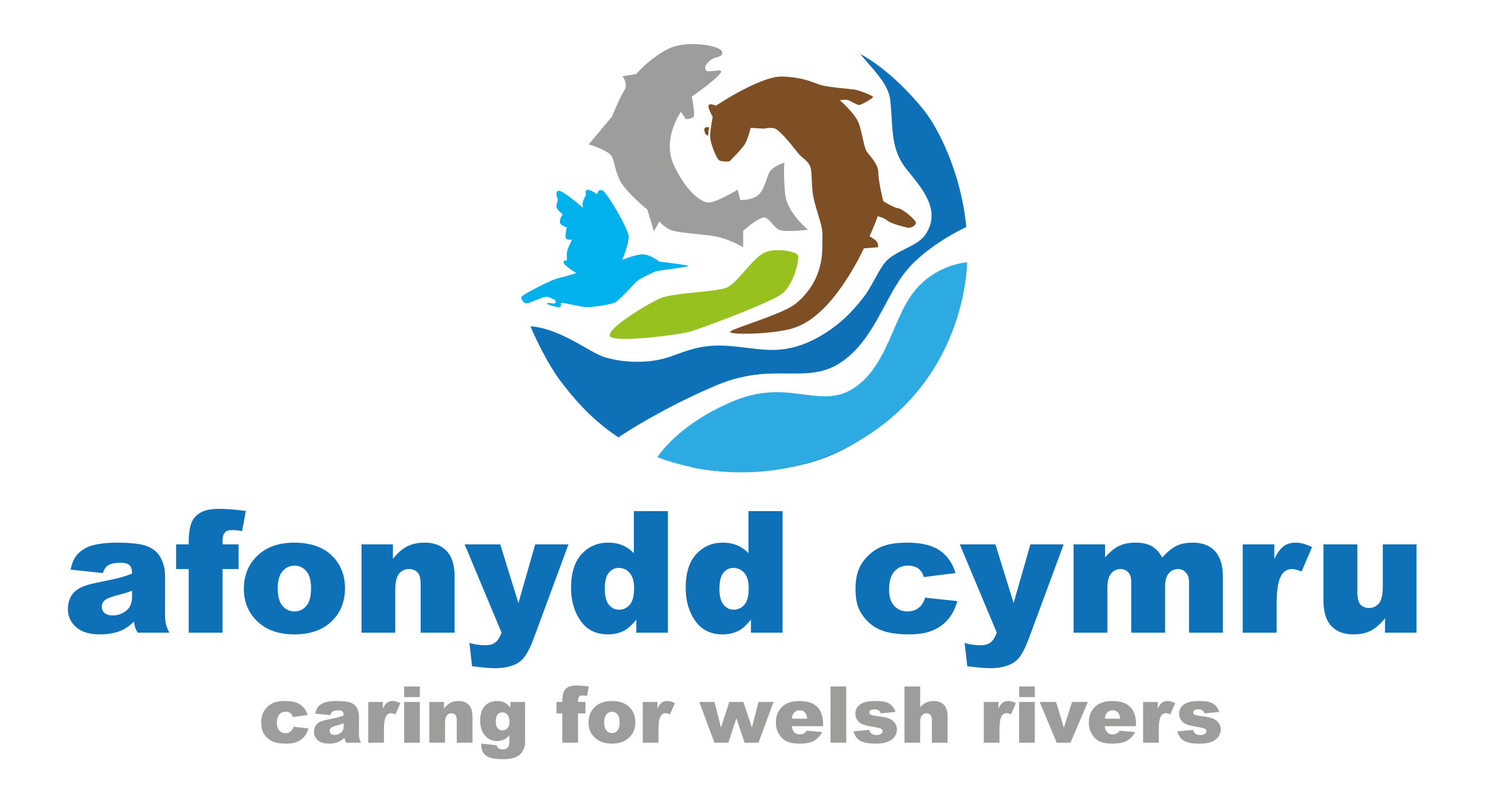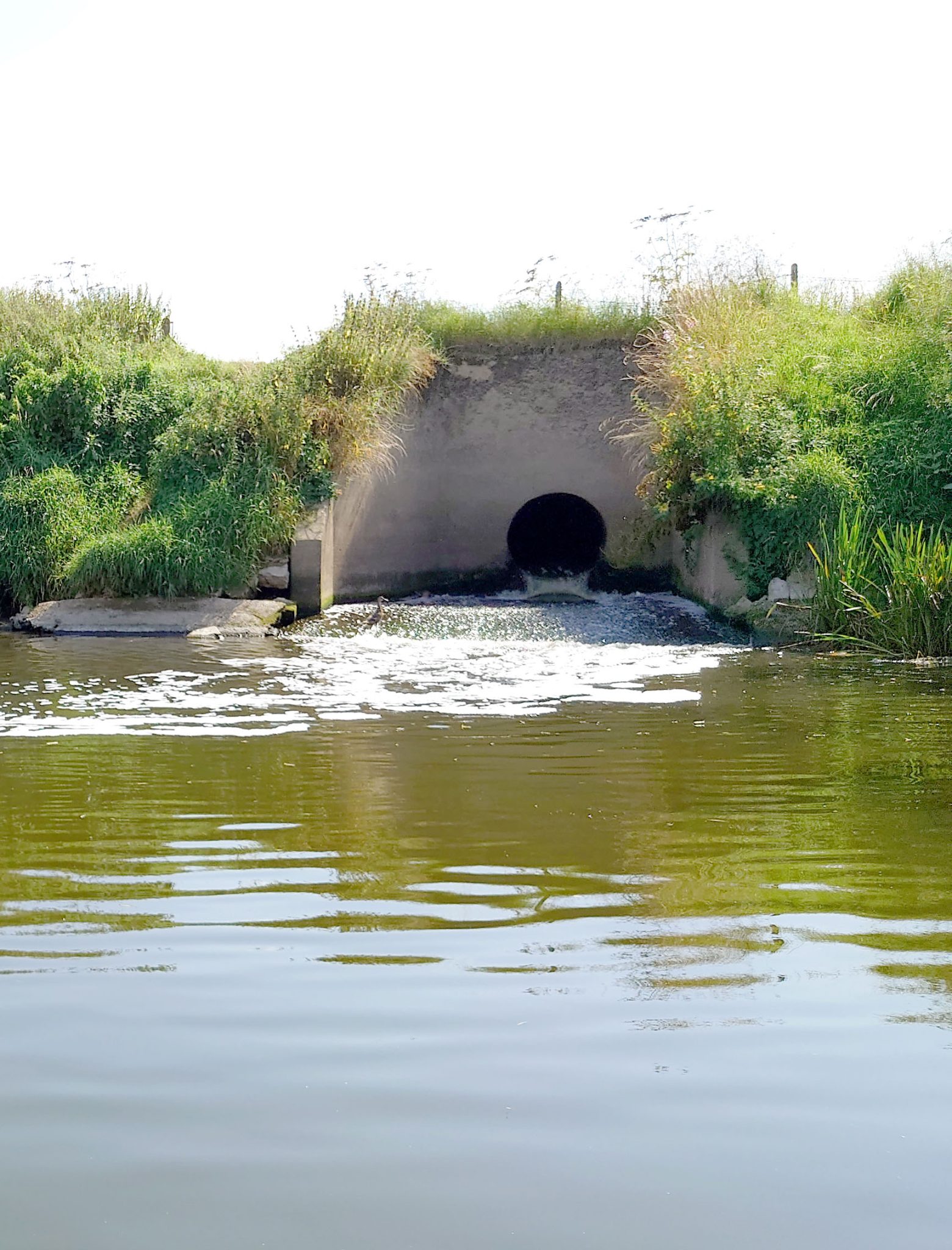Yesterday’s evidence session concentrated on water company pollution, especially CSO discharges.
Thursday 16th March, 2023
Yesterday it was the turn of Wales’s water companies and regulators to give evidence to Westminster’s Welsh Affairs Select Committee. This followed an evidence session last month in which Gail Davies-Walsh, CEO of Afonydd Cymru, along with Angela Jones and Jon Khoo from Surfers Against Sewage gave MPs their views on the state of our rivers.
Although the session’s subject was billed as “Water Quality in Wales,” it focused almost entirely on sewage discharges from CSOs. This reflects the current prominence of this source of river pollution in the media.
Our guess is that CSOs and sewage in rivers is also a common theme in the correspondence the MPs receive from their constituents. Their question to Natural Resources Wales and Ofwat over whether they thought the public had enough awareness that this issue is devolved to Welsh Government had more than a hint of exasperation. Welsh MPs have been getting it in the neck about sewage too.
Water companies are, of course, only part of the problem in Wales but they are certainly not alone. The other big offender is agriculture, the sector that is the greatest contributor to waterbody failure. Added to that are other causes of poor water quality not yet being fully considered, such as road runoff and septic tanks.
Yesterday’s two 45-minute sessions would never be enough time to cover everything. There was one question about Natural Resources Wales’s potential conflict of interest over its forestry operations but in reality, a separate series of meetings would be needed to cover that or any of the other issues adequately.
Despite the MPs’ focus being on the number and duration of discharges, Welsh Water emphasised that their priority is resolving those CSOs that have the greatest ecological impact on rivers. This strategy we broadly agree with. We would like to see all ecological harm from CSOs stopped as soon as possible, although questions remain about whether the investment Welsh Water has committed will be enough to achieve this.
The water company’s reasoning for high levels of spills was not particularly convincing either: that Wales is wetter than other parts of the UK. While true, it is not a new problem, even when adding climate change to the equation. It is also accounted for in Welsh Waters settlement from Ofwat.
Earlier, both Natural Resources Wales and Ofwat had taken some sharp criticism for not acknowledging the level of public concern over the state of rivers in their answers, and that Wales is lagging behind the rest of the UK in this issue.
The figures given for enforcement activity were confusing. Natural Resources Wales confirmed they had taken 13 prosecutions, issued 24 formal cautions, 244 warning letters, and given advice and guidance 32 times. It was not clear, however, what time period these actions covered nor whether they were just for water company incidents. Afonydd Cymru will be asking for some further information on this.
The environmental regulator also argued that there was no better alternative to water company self-monitoring and reporting. That said, they confirmed they had enough resources for enforcement and enough powers to bring polluters to book. We welcome this news having for some time called for Natural Resources Wales to focus on its statutory responsibilities of enforcement and regulation.
While all scrutiny of water company and regulator performance is welcome and necessary, yesterday simply could not go far enough into the subject in the time allowed. These sessions have only scratched the surface of the water quality issue in Wales, both for rivers and coastal waters.

